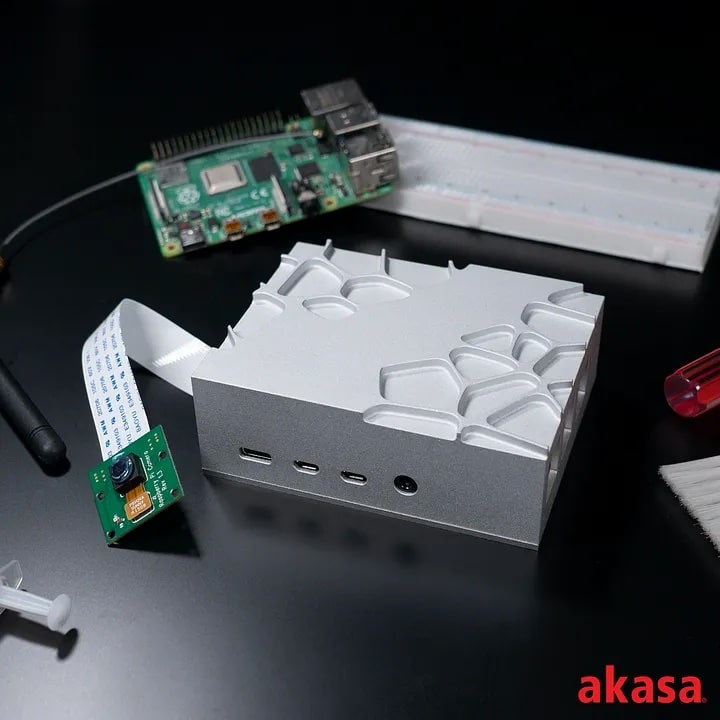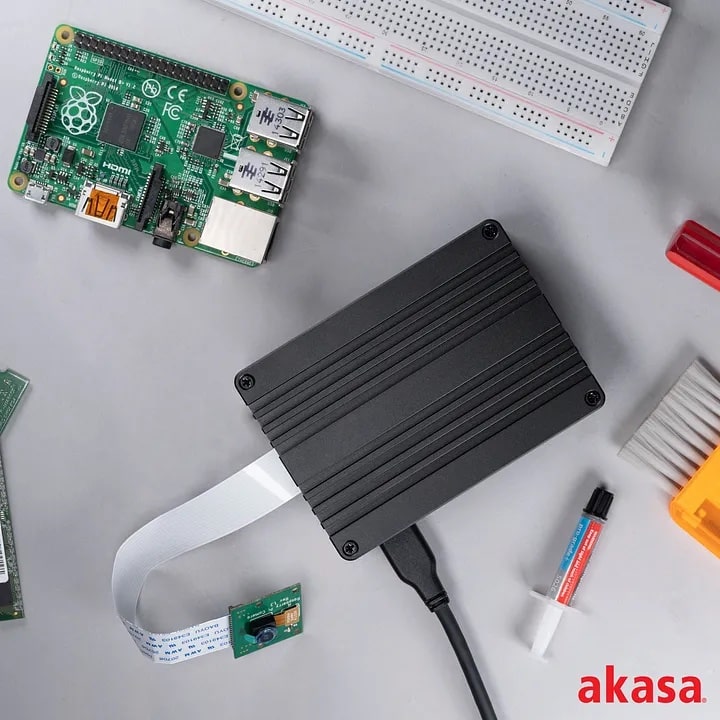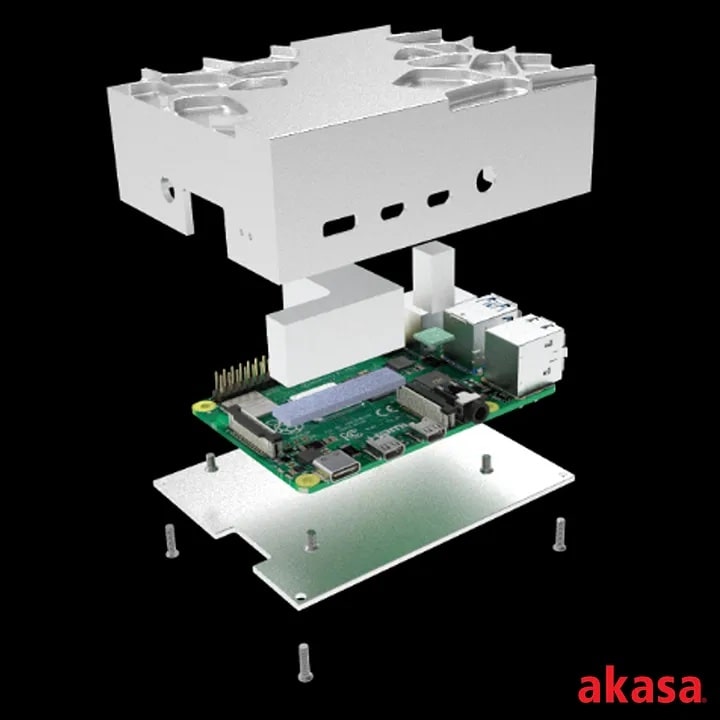With 640,000 units sold in March this year — the second-highest month since their inception in 2012 — Raspberry Pis have taken the quarantined world by storm. A combination of new spare time, kids at home and the need for computers for virtual working and learning (and maybe just boredom?) has seen the sales of these small single-board computers rocket in 2020.

Developed by the Raspberry Pi Foundation, these computers were created as a low cost and high-performance tool to introduce children of school age to computing. Since 2012, the boards have become a worldwide computing phenomenon, with over 30 million units having been sold as of December 2019.
Raspberry Pi computers’ low price and versatility have shone with the world’s need for inexpensive computing solutions. The boards keep pushing the boundaries of single-board computers with every new generation, with the newest Raspberry Pi 4 Model B with 8GB of RAM having been released in May this year.
The surge of RPi sales has filled lockdown with innovative new Raspberry Pi ideas, such as a Raspberry Pi-powered ventilator created by Marco Mascorro, a robotics engineer. Mascorro had no prior experience creating medical equipment but wanted to solve newly arising problems from the COVID-19 pandemic, particularly the difficulty in obtaining parts needed to build traditional ventilators. In the spirit of Raspberry Pi’s ethos of education and accessibility, Mascorro deliberately used easy-to-find parts and made the code open-source, so anyone can access the software.
Meanwhile, at the University of Toronto, a team developed a Raspberry Pi-powered programme to create a continuous and remote patient monitoring system, allowing medical staff to check patients’ vital signs from their smartphones. Led by Professor Willy Wong, a fingertip probe connects to the Raspberry Pi which then feeds the information to a dedicated server. This solution, which allows constant monitoring without the need for staff to be close to patients, was developed in just three days.

From our perspective at Akasa, the case in which you house your Raspberry Pi should support you through any application. Our cases are always fanless with no moving parts, meaning permanent silence but never at the cost of cooling ability; our cases act as powerful heatsinks with most of them featuring a custom thermal kit to ensure maximum heat dissipation for optimal performance.
Many of Akasa’s cases have the option to conceal the SD card slot for added security and safety after installation, and our “Pi” range can come with optional VESA mounting holes to enable mounting to your TV or monitor. Add on a design of stylish black anodised aluminium with minimalist external fins, and these cases become the perfect cooling solution for any application.
Outside of the professional world, Raspberry Pis have also seen a burst of activity from people at home in the last few months. COVID relief efforts range from using RPis to power 3D printers to print face masks for hospitals, to creating soap dispensers that play a song from your music library for 20 seconds when they are pressed.
The Raspberry Pi even has two units running in space and ran the Astro Pi programme from April to July, which allowed thousands of children to have their codes run aboard the International Space Station.
If you want to up the technicality but reduce the effort, you can use your Raspberry Pi to aid COVID-19 research by running Rosetta@Home or the World Community Grid, two programmes which combine the spare CPU power of thousands of small computers from volunteers for COVID-19 molecular modelling, amongst other research areas.
To develop a vaccine for COVID, we need to know the structure of the proteins used by the virus to enter cells and replicate. By adding your Raspberry Pi to one of these networks, you will join thousands of other computers to model different protein structures.
This research would require a supercomputer but can be done instead with the combined computational power of thousands of small computers. Rosetta@Home was recently enabled for ARM on Raspberry Pi, and World Community Grid started COVID-19 research in May 2020.


